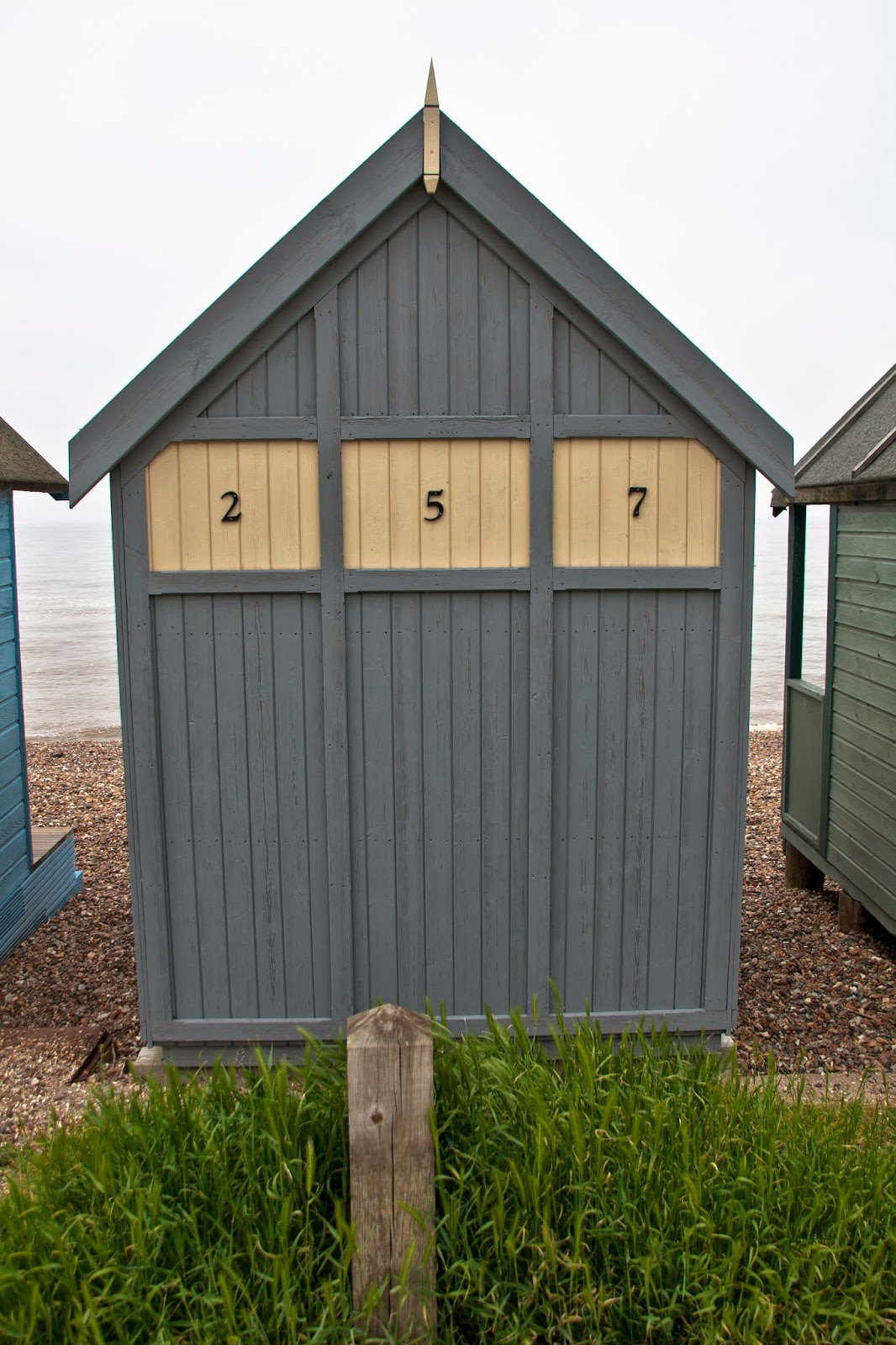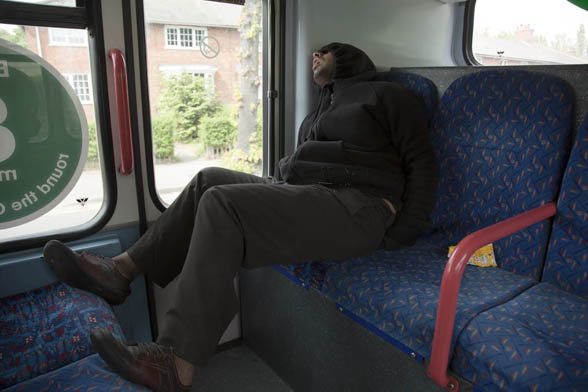While studying at Birmingham City University in 2008-11 my practise explored array of documentary’s that were inspired from the concept of capturing the public spending their time within busy environments.
I moved to Herne Bay, a Kent seaside town in 2011 to start a new body of work, depicting beach huts, popular at English resorts from the eighteenth century onwards, with both George III and Queen Victoria having their own huts. Nineteenth century huts were pulled into the sea by horses, so that the Victorians could hide their modesty. Today most huts still follow a traditional design, with some additional changes such a small compact kitchen/diners and are often internally customised to provide home-comforts on a much smaller scale.
What inspires me about the beach huts is the concept of their functional and un-functional role that attracts visitors and locals, and their multi-coloured architectural abstractions that mark out many of our British seaside towns. Deserted during the winter months, awaiting the arrival of the new holiday season, the beach huts are often used for storing beach furniture, inflatable’s, and surfboards. It’s an environment without windows and only one door that lets in a certain amount of sunlight, with limited-space and is perhaps not quite the home-from-home, yet it’s a place that gives a sense of comfort, a place to escape to, for relaxing and taking in a calm setting of solitude. Costing as much as a small flat, yet not legally usable as a dwelling, the beach hut holds modest comfort for leisure activity, in the great demand, and becoming almost a second-home for some owners.























































